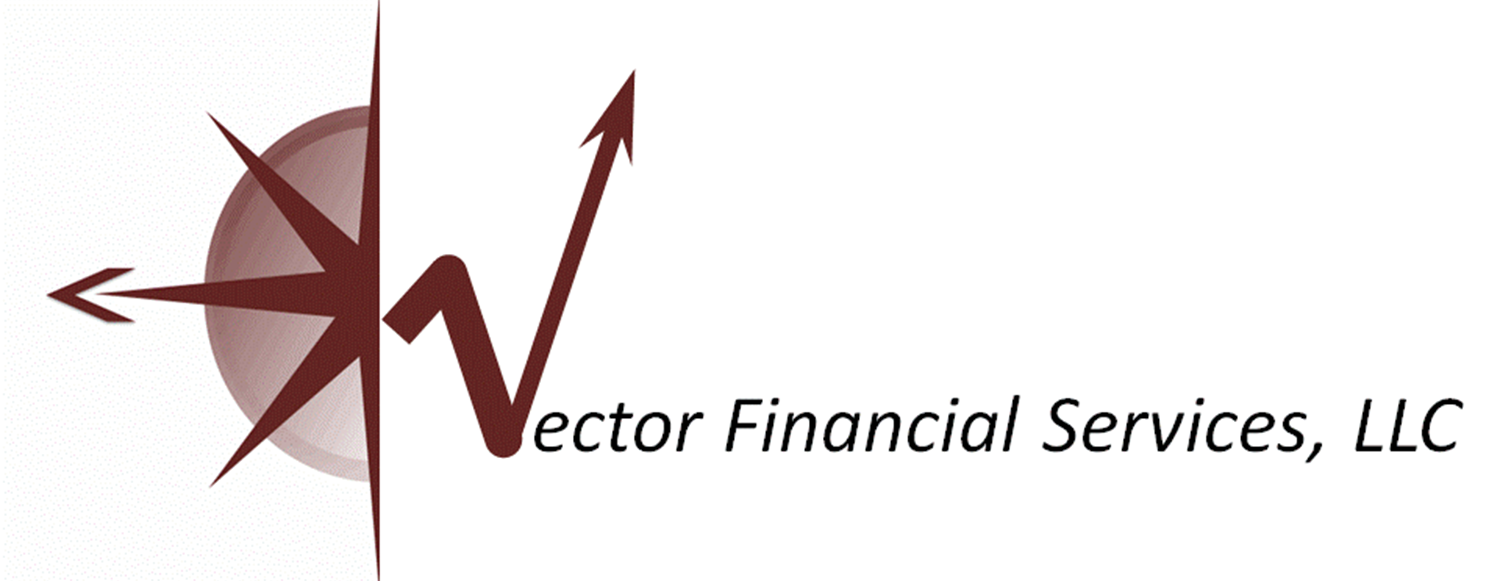Securing Your Future: Understanding the 4 Pillars of Estate Planning
Estate planning might not always be top of mind, but its significance cannot be overstated. It's about safeguarding your legacy, ensuring your loved ones are cared for, and making certain your assets are distributed according to your wishes. While consulting an estate attorney is pivotal, I've noticed some common oversights impacting finances among clients and wanted to share guidance to help navigate this crucial aspect of your financial well-being.
1. Beneficiary Designations and Updates
Keeping your beneficiaries current on your financial accounts is key. From brokerage accounts to life insurance policies, updating these designations ensures your assets go to the intended recipients. Consult your attorney about Transfer on Death (TOD) strategies, potentially enabling assets to bypass probate. Aligning beneficiaries across accounts helps avoid confusion and ensures your assets are distributed as intended. Should you require assistance with updating or designating beneficiaries, please reach out to us.
2. Financial Power of Attorney
Planning for incapacity is prudent. A durable financial power of attorney appoints someone to manage your affairs should you become unable to do so. Confirm this critical plan is in place through consultation with your attorney.
3. Taking Inventory of Your Assets
Conducting an inventory of your assets, both tangible and intangible, is a valuable exercise. This includes physical possessions, investments, accounts, and more. Assigning values, whether through research or professional appraisal, helps ensure accurate distribution and provides peace of mind.
Organize and secure all relevant documents such as insurance policies, wills, deeds, and account information. Proper organization is vital in facilitating a smooth estate transition.
4. Consult with an Attorney
Regardless of estate size, seeking guidance from an estate attorney or tax professional is highly recommended. Whether discussing wills, trusts, business succession, or other legal aspects, professional counsel can provide clarity and ensure your plans align with your circumstances.
Remember, it's never too early or too late to establish these crucial financial safeguards.
Should you need assistance with beneficiary updates or clarifications regarding accounts, please don't hesitate to contact us. This message serves as information and not legal advice.
As always, I'm here to assist whenever you need.


All Rights Reserved | Privacy Policy | Terms of Use | Powered by Levitate
